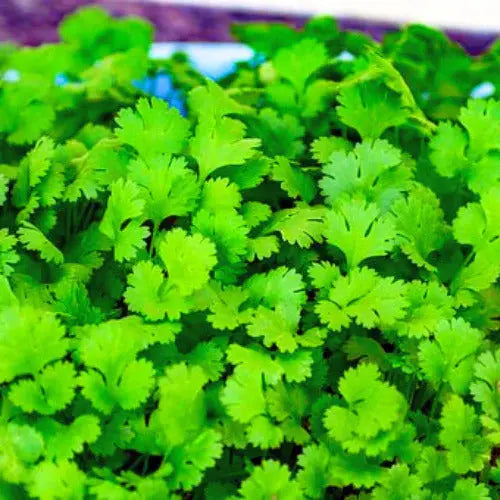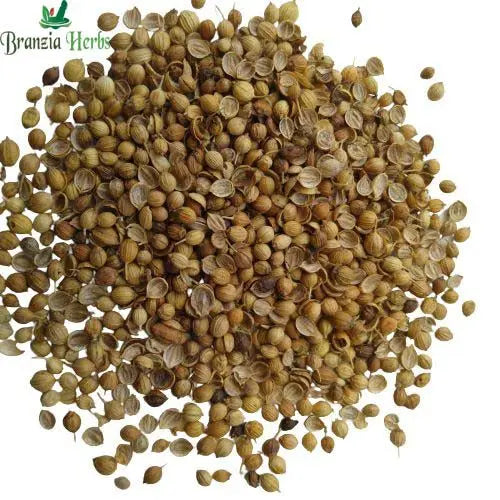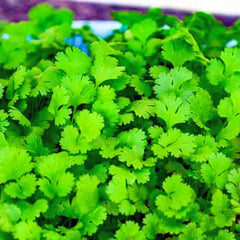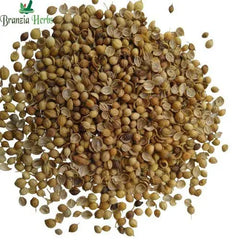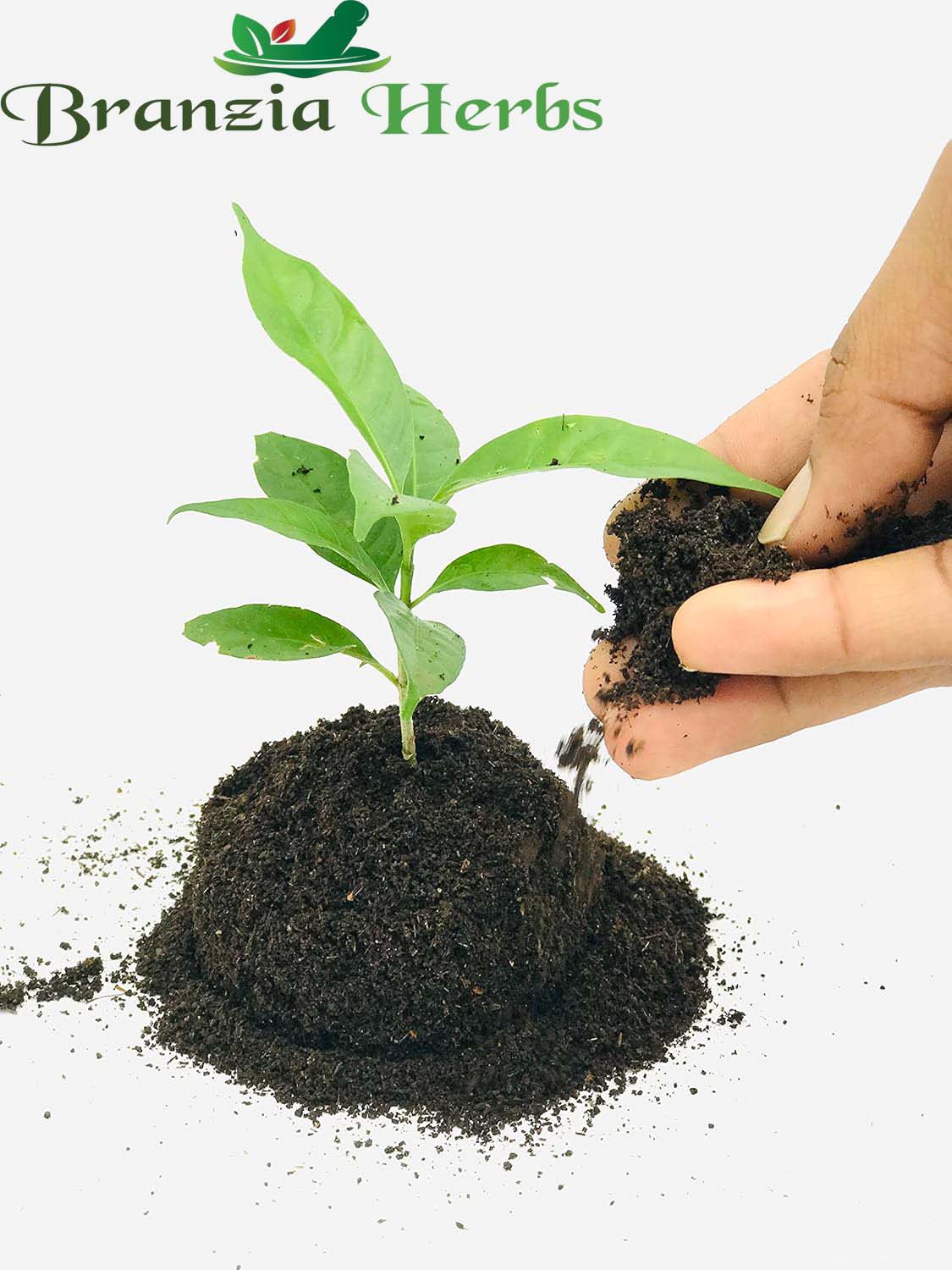Coriander, also known as Dhania in many regions, is a popular herb used for its aromatic leaves (cilantro) and seeds (coriander spice). The F1 Hybrid Coriander Dhania Seeds are specially bred to enhance certain characteristics, such as yield, disease resistance, and growth rate. Here’s a comprehensive guide on Coriander Dhania F1 Hybrid Seeds, including their characteristics, benefits, and planting care:
Characteristics
-
Appearance:
- Seeds: Coriander F1 hybrid seeds are small, round, and brownish-yellow. They have a slightly ridged surface and are aromatic.
- Plant: Coriander is a herbaceous plant with delicate, fern-like leaves and small, white or pinkish flowers that form clusters. The plant grows to about 30-60 cm (12-24 inches) tall.
-
Plant Size:
- Height: Typically grows to about 30-60 cm (12-24 inches) tall.
- Spread: Can spread about 15-30 cm (6-12 inches) wide.
Benefits
-
Culinary Uses:
- Leaves (Cilantro): Coriander leaves are used fresh to add a vibrant flavor to dishes such as salsas, salads, curries, and soups. They are popular in many cuisines, including Mexican, Indian, and Middle Eastern.
- Seeds (Coriander Spice): Coriander seeds are used as a spice in cooking, providing a warm, nutty flavor to a variety of dishes, including stews, curries, and baked goods.
-
Medicinal Uses:
- Digestive Health: Coriander is traditionally used to aid digestion, alleviate bloating, and stimulate appetite.
- Antioxidant Properties: The herb contains antioxidants that may help protect the body from oxidative stress and support overall health.
- Anti-inflammatory: Coriander has anti-inflammatory properties that can help with inflammation and pain.
-
Agricultural Benefits:
- Hybrid Advantages: F1 hybrid varieties are bred for improved traits such as higher yield, better disease resistance, and uniformity in plant growth. They often perform better than open-pollinated varieties in terms of productivity and quality.
Planting Coriander Dhania F1 Hybrid Seeds
-
Preparation:
- Seed Treatment: F1 hybrid seeds generally do not require special treatment. However, soaking them in water for a few hours before planting can improve germination rates.
-
Timing:
- Optimal Season: Plant coriander seeds in spring or early summer after the last frost, when soil temperatures are consistently above 15°C (60°F). Coriander can also be grown in fall in milder climates.
-
Soil and Location:
- Soil Type: Prefers well-drained, loamy or sandy soil with a slightly acidic to neutral pH. Ensure good drainage to prevent waterlogging.
- Location: Choose a sunny location with full sun to partial shade. Coriander thrives in cooler climates but can adapt to a range of conditions.
-
Planting:
- Sowing Seeds: Sow seeds about 1/4 inch (0.6 cm) deep in the soil. Space seeds or seedlings about 15-20 cm (6-8 inches) apart to allow for spreading.
- Germination: Seeds typically germinate within 7-14 days. Keep the soil consistently moist but not waterlogged during this period.
-
Watering:
- Initial Care: Water the soil thoroughly after planting and maintain consistent moisture until seedlings are established.
- Ongoing Care: Water regularly but avoid overwatering. Coriander prefers moderately moist conditions but can tolerate some dryness once established.
-
Fertilizing:
- Nutrients: Coriander does not require heavy fertilization. Apply a balanced fertilizer or compost at planting time and as needed throughout the growing season. Avoid excessive nitrogen, which can lead to excessive foliage growth at the expense of seed production.
Care and Maintenance
-
Pruning:
- Trimming: Coriander does not generally require pruning. However, regular harvesting of leaves will encourage new growth. Remove any flower heads before they mature if you want to extend the harvest of leaves.
-
Pest and Disease Management:
- Monitoring: Coriander is relatively pest-resistant but can be affected by pests such as aphids, spider mites, and diseases like fungal blights.
- Control: Use organic pest control methods if needed and ensure good garden hygiene to prevent disease. Ensure good air circulation around the plants to reduce the risk of fungal infections.
-
Harvesting:
- Leaves: Harvest coriander leaves (cilantro) when they are young and tender. Regular harvesting encourages continuous growth and a longer harvest period.
- Seeds: Harvest coriander seeds when the plant turns brown and the seeds are dry. Cut the seed heads and allow them to dry further before separating the seeds. Store seeds in an airtight container.
-
Protection:
- Winter Care: In colder climates, coriander is typically grown as an annual. In milder climates, it can be grown year-round or overwintered in a greenhouse or indoor garden.
Environmental Considerations
- Climate Adaptation: Coriander is well-suited to temperate climates. It thrives in cool to mild temperatures and may not perform well in extremely hot conditions.
- Sustainability: Ensure planting practices are sustainable and adhere to local regulations regarding agriculture and conservation.
Summary
Coriander Dhania F1 Hybrid Seeds offer a valuable opportunity to grow a high-quality, productive variety of this versatile herb. By following proper planting and care guidelines, you can successfully cultivate coriander and enjoy its many culinary, medicinal, and agricultural benefits. F1 hybrids are particularly advantageous for their improved traits, including higher yields and better disease resistance. Coriander thrives in well-drained, sunny conditions and requires minimal water and fertilization for optimal growth.

